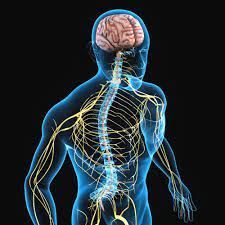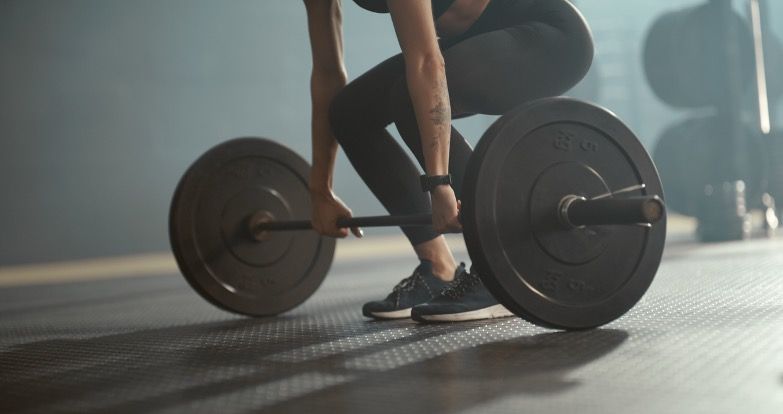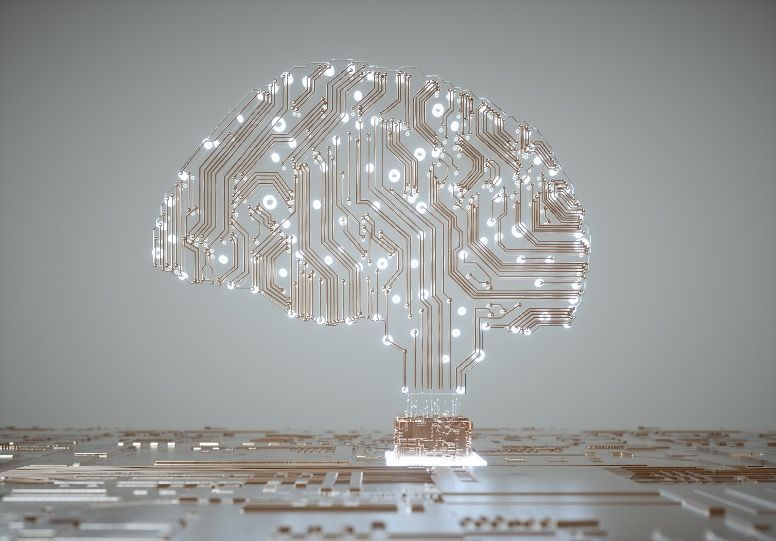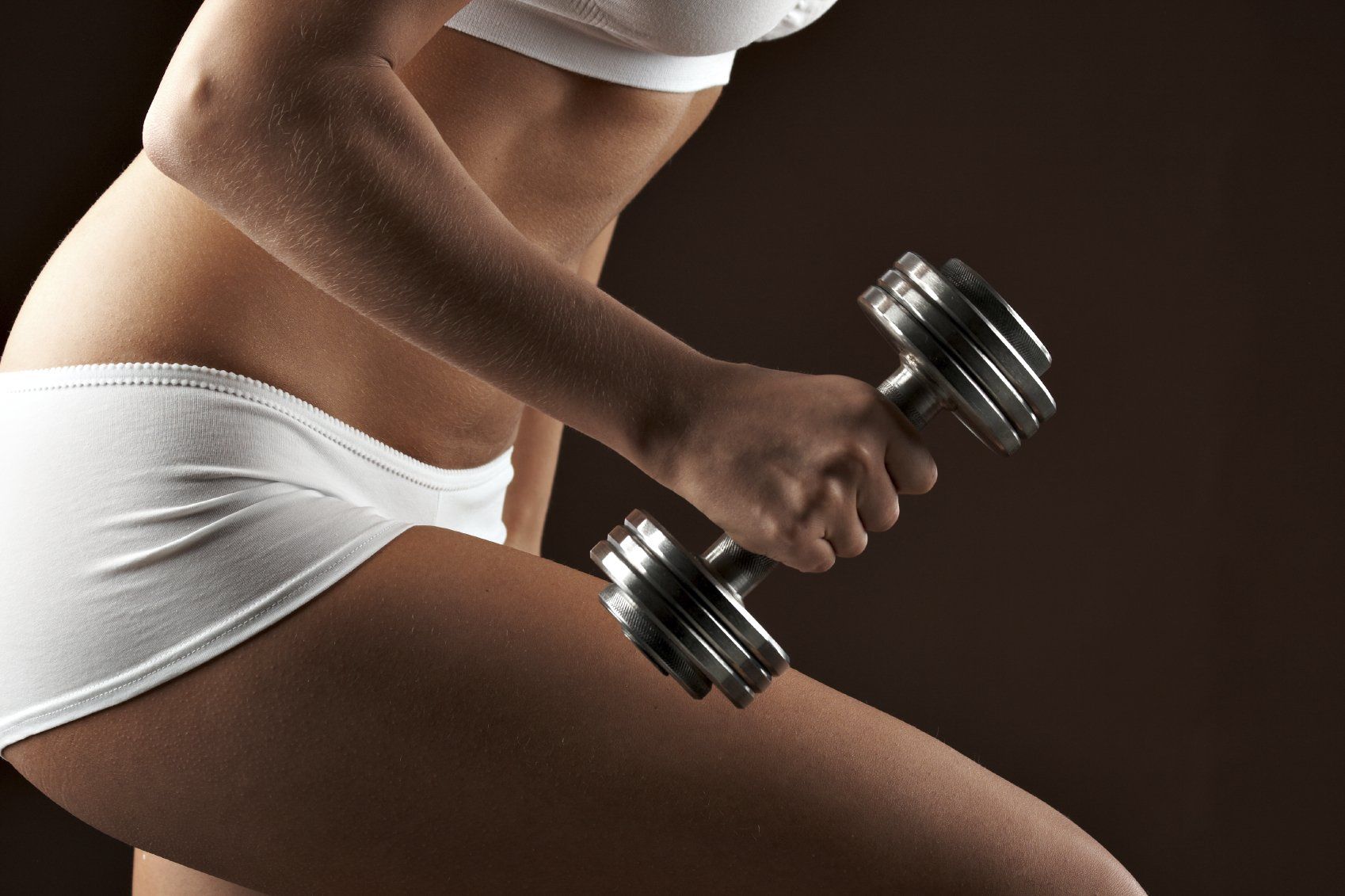Boil down your energy bill
Did you know that 4% of the UK average household’s energy bill is spent on powering kitchen appliances? With energy bills rocketing over the last year and the prevision that the situation will continue until 2024, boiling down your bill by reducing food-related energy usage can make a real difference.
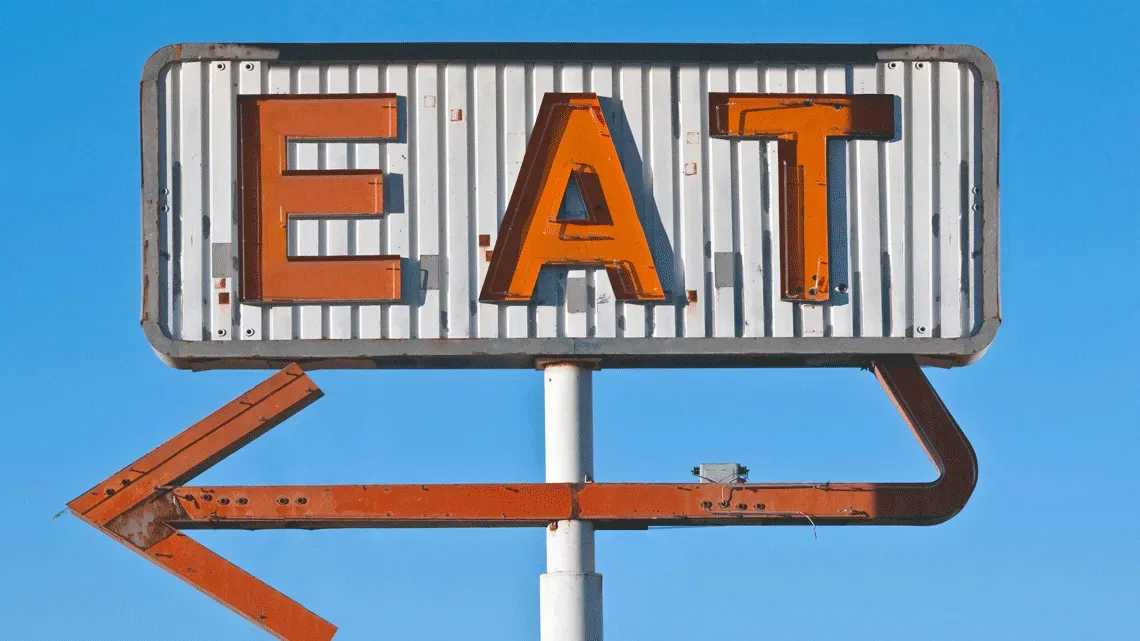
Supply and demand issues in the wholesale market due to the rapid economic rebound after the pandemic, along with the Russia-Ukraine war, derived in a worldwide energy crisis with household bills increasing in the UK up by 141% (gas bills), and 65% (electricity bills) since winter 2021/2022.
To protect the consumers, the UK Government introduced last year the Energy Price Guarantee (EPG), which limits the amount energy suppliers can charge per unit of energy. In the spring budget this month the Chancellor announced that from July 2023 there will be a 20% increase in the EPG, which means that consumers will be charged a 20% more. That is from £2,500 to a £3,000 as ‘typical’ annual consumption.
We have put together a complete guide on how to reduce energy consumption in your kitchen, and therefore save some money and cut down on food related carbon emissions.
Choose energy efficient devices
Some of the thirstiest energy appliances are often found in the kitchen, including fridge freezers and electric ovens. Choosing those with the highest energy efficiency grade -which means they use technologies that are less energy intensive to reduce the amount of electricity used- is key. The highest possible rating is A+++, while the lowest will be F or G. Check out the Energy Saving Trust Register for a database of verified energy efficient products.
Watch out for "vampire" appliances
An energy vampire appliances continues to use energy when it is turned off. This tip doesn’t apply to fridges, fridge-freezers, and chest freezers, as they need to be always on. However, it would certainly be relevant with other appliances such us microwaves and coffee machines. It doesn’t matter how energy efficient your appliance is. You will still need to turn it off at the socket if you really want to make sure you aren’t wasting energy. According to the government’s energy saving tips, turning off the button in the socket can save up to £70 a year. You can also use smart power strips, which automatically cut off power when devices are not in use.
When possible, cook when off peak tariffs apply
Some energy companies offer cheaper prices at certain off-peak times, usually between 10pm and 8am, depending on the utility company. Off-peak prices can be 50% cheaper than peak ones. Although cooking late at night or early in the morning might not be considered very practical by many people, it’s worth having in mind that some appliances can be timed in advance to cook during off peak hours, if your energy contract allows you for that.
Use the most efficient method to cook.
Slow cookers, microwaves, air fryers and food dehydrators are more efficient to run than traditional gas or electric hobs and ovens.
Microwaves: they are great not only to cook small amount or warm up food and liquids. They use less energy for every hour they're in use than a traditional oven as they only heat up the food, and not the air space inside, as ovens do. Besides, there is no heat-up time.
Slow cookers: Although you would need to cook your food for longer, slow cookers operate at a much lower temperature and use less energy than a traditional cooker or oven. They are also ideal to let them run overnight and therefore take advantage of peak times.
Air fryers: As with slow cookers, air fryers need to heat up a much smaller space than a traditional oven. Therefore, they require fewer kilowatts per hour to heat up to the required cooking temperature, cutting your energy usage.
Dehydrator: a very sustainable device. They run at a lower wattage than a conventional oven. Besides, dehydrating food is a very efficient way to avoid food waste eg. making rolls with excessively ripped fruit.
Kettle: they are much more efficient to boil water than a stove. Just make sure you only use the water you need.
Batch cook your meals
Cooking bigger portions so that you can freeze them and enjoy them another time it’s not just convenient, but will it also save you some energy. Batch cooking works particularly well when making vegetable stews and sauces, that you can later on add to pasta or rice. Just remember to take it out of the freezer the night before so that it can just defrost in the fridge. That means you don’t have to use the defrost function in your microwave.
Switch to efficient lighting
Lighting accounts for about 15% of electrical demand throughout the home. LED bulbs are more expensive to buy, but they use around 90% less energy and can last up to fifteen times as long. As well as fitting LED lights on the ceiling, using tasks lights is worthwhile considering. Under cabinet lighting or in-drawer lights are often batterie operated and can be used instead of the main lighting when carrying out small tasks. Therefore, avoiding having too much artificial light when is not necessary.
Use an App to track your usage
You can work out how much an appliance costs to run by multiplying its wattage by the amount of time it's on and then by the cost of electricity. There are also a number of apps available that would calculate your individual appliance usage for you, including Evo Energy, Electricity Cost Calculator, Sust-it and Electrical Cost
… And remember
🧑🏿🍳 Never put hot food directly into the fridge or freezer, allow it to cool on the side first, as otherwise your fridge and freezer would have to work harder.
🧑🏿🍳 Don’t hold the fridge door open for extended periods of time, as it’ll have to work harder to cool the temperature afterwards.
🧑🏿🍳 Ensure there’s at least a 10cm gap behind your fridge to let heat flow away more easily.
🧑🏿🍳 Always cover your pots and pans – the water will boil faster and use less energy to heat your food.
🧑🏿🍳 Turn off the heat a couple of minutes before your food is fully cooked – particularly if you’ve got an electric hob, as they take some time to cool down and will continue to cook your food.
🧑🏿🍳 Don’t open the oven door repeatedly – you’ll let out hot air and waste energy. If you can, look through the glass door instead.
For more tips on how to eat cheaper and sustainably go to our blog, and follow up on social media @ourladyofgreen.
